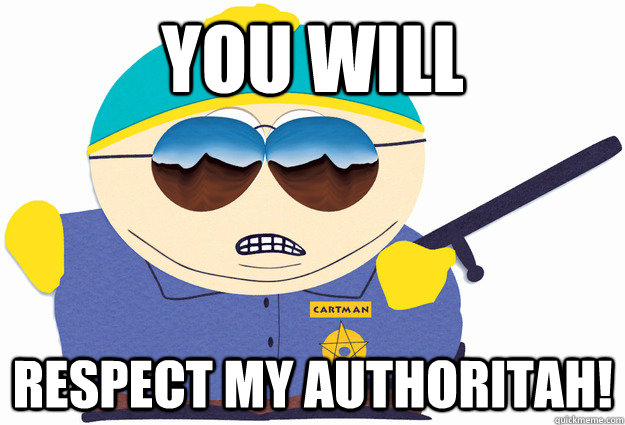We can’t emphasize this enough, the choice of focus group moderator is so important. Moderating is an incredible skill. It’s an art and a science. It's the practice of urgent patience and a good marketing research focus group moderator will truly push themselves to the mental limit.
"But," we hear you cry, "it's just asking a bunch of quesions, right?"
Focus group moderators certainly do ask questions and typically they ask a lot of them. But a good moderator must master several key skills and apply them all at the same time. By the way, if you haven't done so already, here's a quick primer about focus groups which might provide a little more context to this article.
- Moderator’s need to know the question list (AKA The Moderator's Guide) inside out. They not only need to know everything to be asked, they also need to fully understand the goals behind the research just in case things need to be asked differently.
- A good moderator must be relatable to everyone. That means you have to gain each respondent’s trust. Our approach is honesty and ignorance. Seriously! I personally play on the fact that I’m English. “Wow, I have no idea what you mean – this is totally new to me! Could you explain it so an ignorant Englishman can understand?” Psychologically, you need to empower the respondent – they are the experts. If you can get them to a point where they feel like they are educating you, that they’re helping you out, then you’re in really good shape.
- A good focus group moderator creates a conversation. The conversation may not happen in the order the questions are written, so the moderator must be prepared to bounce around the guide and adapt with the flow of the conversation. A moderator’s job isn’t to read questions – it’s to participate in and encourage discussion.
- A moderator must be absolutely flexible. This is where knowing the client’s goals and strategies is vital. Sometimes a question looks good written on paper but goes down like a lead balloon when asked to the group. Respondents might not understand it, or it’s just not getting the required quality of response. A moderator must be prepared to ask a question in a number of different ways and this requires some really fast thinking. Which brings us to this…
- A good moderator must translate the moderator's guide questions in real time. Truly, the written mod guide is largely for the benefit of the client – it’s a document that clearly communicates the content of the group. Questions appear in written English, not conversational English. The mod guide includes question prompts for multiple situations and scenarios, whereas in real life all those specific questions might be covered with one umbrella question. Remember, a moderator is not a question reader, a moderator is a master conversationalist.
- The moderator must be a time-keeper extraordinaire. Focus groups typically last an hour and half. That’s not a lot of time when you have a zillion questions to get through. A moderator needs to keep the conversation moving all the time in order to get everything covered. Sometimes this means cutting or skipping questions, but a lot of times it means…
- A good moderator must be prepared to be bossy (in a nice way). A moderator must be on point all of the time. We constantly have to encourage quiet/shy people to participate and tell those “over-enthusiastic” people to pipe down. Of course, we need to do this in a way that doesn’t appear to single-out anyone and offend them.
- A moderator must never forget about the client. These are the guys you need to keep 100% happy. As the focus groups progress, the client may have additional questions as a result of the conversation. Typically, the moderator will go visit with the client fifteen minutes before the end of the group to get additional questions. However, we also like to give clients our moderator’s cell number – that way as questions arise the client can text the moderator! Of course, the moderator still must be expert at integrating these additional questions into the groups.
Moderating focus groups is challenging and exhausting – the success of the project largely lies at the feet of the moderator. Through conducting thousands of focus groups, we’ve managed to become extremely proficient at moderating, but it didn’t happen overnight. If you prepare, practice, and learn the above 8 skills, you’ll be on the right track to be an awesome moderator.
If you need an excellent moderator, then simply contact Evolve.
- Online Bulletin Board Focus Groups
- How to Conduct Awesome Focus Groups
- The Art of Conversation
- Focus Group Pillar Page (all of our articles on Focus Groups).
Hang on!
Since you read this post, you'll probably be interested in our article, The Art of Conversation. It explains how to use conversation as a research tool - it's powerful stuff. Of course, the article is free, and features some of our other qualitative how-to's. We think you'll get a lot out of it.
You might also like:
Posted by EvolveKev

Kevin is all about research. Qualitative, quantitative, UX, you name it. When he's not researching, he's to be found laying down beats in his studio and hanging out with his dogs (and girlfriend). Woof.




